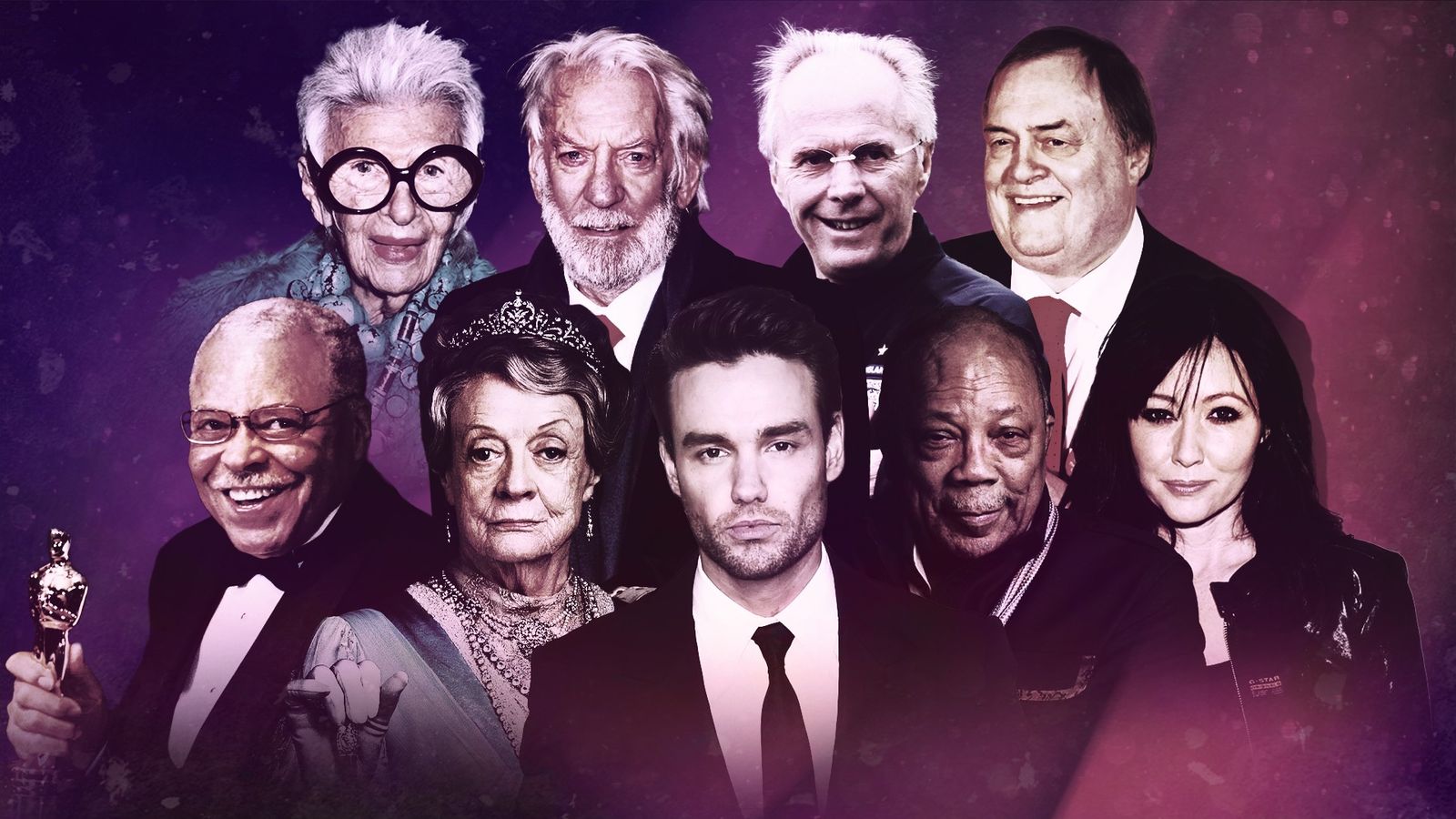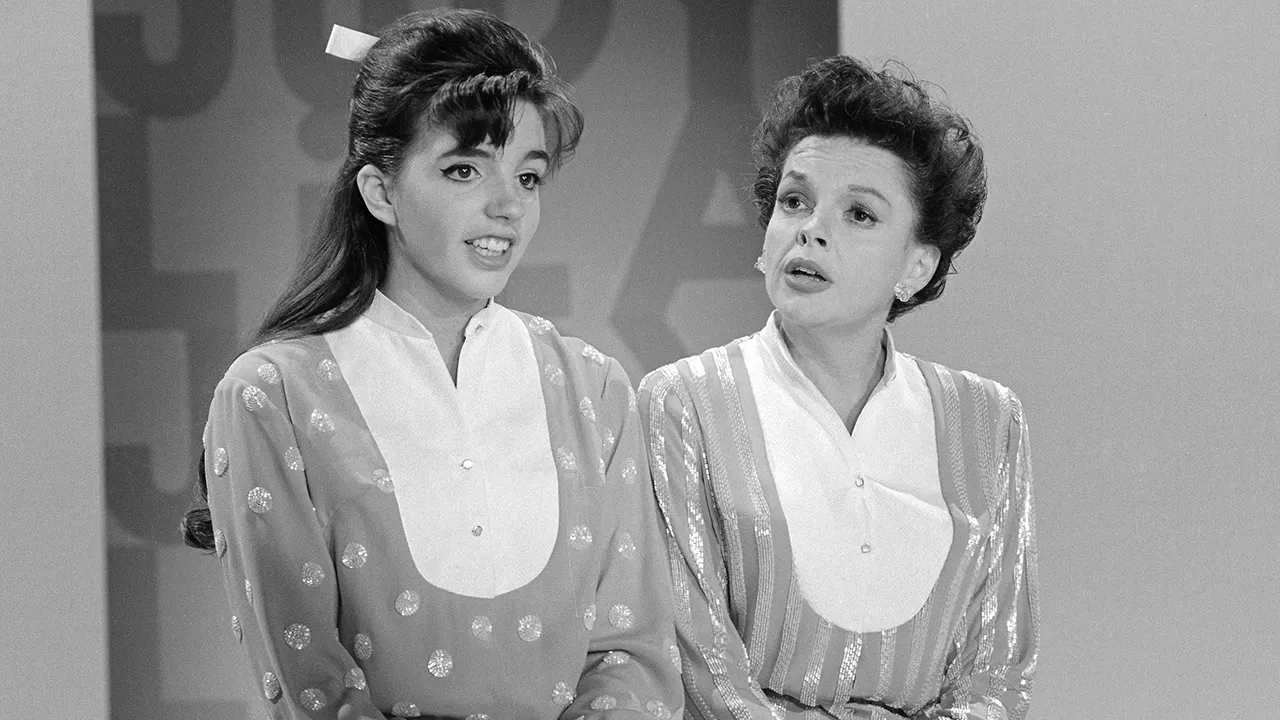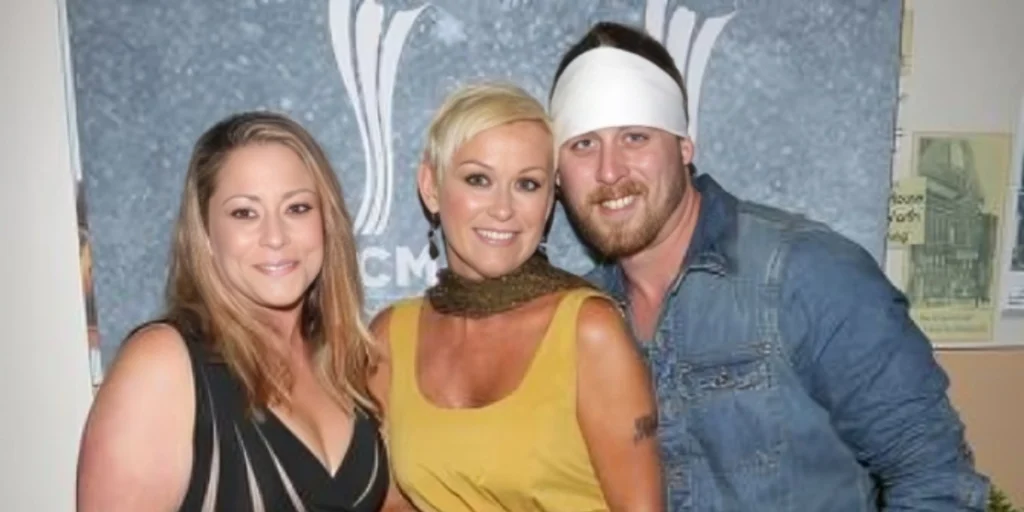The passing of a celebrity often sends shockwaves far beyond their immediate circle of family and friends. For many, these public figures represent more than entertainment — they symbolise personal memories, cultural milestones, or shared moments across generations. News of a celebrity news death therefore resonates widely, often becoming one of the most discussed topics on social media and mainstream outlets.
In the UK, the emotional reaction to celebrity deaths has a unique intensity. From the global outpouring following the loss of Queen Elizabeth II to the mourning of musicians, actors, and sports legends, the nation collectively engages in reflection. The scale of media coverage can be immense, with 24-hour news cycles dedicated to retrospectives, tributes, and in-depth features celebrating the individual’s life.
Recent Notable Celebrity Deaths
Recent months have seen several high-profile losses, each stirring global conversations. Whether the cause is illness, accident, or natural causes, these events prompt both shock and sadness. News organisations rush to confirm details, but reputable outlets prioritise accuracy over speed, working with official statements from family representatives or management teams.
One recent case that captured headlines involved the sudden passing of a beloved actor whose career spanned decades in British television. Fans shared heartfelt memories online, while industry colleagues posted personal anecdotes and photographs. The story underscores how celebrity deaths create a shared moment of reflection for people from all walks of life.
How the Media Covers Celebrity Deaths
The reporting of a celebrity news death has changed dramatically in the digital age. In the past, news would travel slowly, often breaking in the following day’s papers. Today, the first reports often emerge on Twitter, Instagram, or news apps within minutes of confirmation. This speed brings both advantages and risks — while fans receive timely updates, misinformation can spread rapidly before official statements are made.
Ethical journalism plays a critical role in such situations. Responsible outlets verify details through official channels before publication, avoiding speculation and respecting the privacy of grieving families. Tabloid coverage, however, can sometimes cross the line, leading to debates about sensitivity and responsible reporting in the UK press.
Tributes and Legacy Preservation
Following a celebrity death, tributes pour in from across the globe. Fans organise candlelight vigils, concerts in memory of musicians, and charity fundraisers in honour of the causes the celebrity supported. In many cases, memorial foundations are established to continue their philanthropic work, ensuring their influence extends beyond their lifetime.
The entertainment industry also preserves legacies through documentaries, posthumous releases, and biopics. These works offer fans an opportunity to revisit the star’s life story, appreciate their craft, and share their cultural contributions with future generations. For example, posthumous albums often chart at number one, proving the enduring power of a celebrity’s artistic voice.
The Psychological Effect on Fans
Celebrity deaths can impact fans on a deeply personal level, even if they never met the individual. This is often linked to parasocial relationships — one-sided emotional connections formed through media exposure. For many, celebrities serve as role models, sources of comfort, or symbols of certain life periods. Their loss can feel like losing a friend or family member.
Psychologists suggest that communal mourning — whether through online forums, social media hashtags, or public gatherings — can help fans process grief. In the UK, shared public mourning spaces such as floral memorials or tribute walls provide a sense of unity. These spaces often remain for weeks, allowing visitors to pay respects in their own time.
Conclusion
The reporting and public reaction to a celebrity news death illustrate the profound connection between public figures and their audiences. While the shock of loss is universal, the unique dynamic of fame amplifies its cultural impact. From the careful work of responsible journalists to the heartfelt tributes of fans, each element plays a role in shaping how these moments are remembered. Ultimately, the legacies left behind serve as lasting reminders of the power of shared culture and collective memory.
FAQs
How is celebrity death news confirmed?
It is typically confirmed through official statements from family representatives, management, or trusted media outlets. Reputable news organisations cross-check with multiple sources before publication.
Why do celebrity deaths affect people so deeply?
Celebrities often become part of people’s lives through music, film, sport, or public appearances. The emotional bonds formed — even without direct contact — can make their passing feel personal.
What should readers look for to avoid fake death rumours?
Check multiple trusted news outlets, look for official confirmation, and avoid relying on unverified social media posts.
How quickly does news of a celebrity death spread?
In today’s digital era, news can spread globally within minutes, especially if first shared by a high-profile journalist or official source.
Can celebrity deaths lead to public safety campaigns or social change?
Yes. In some cases, the circumstances of a celebrity’s death prompt awareness campaigns, research funding drives, or new safety initiatives in health, road safety, or mental health.
You may also read: TalkTalk Mail Login – Access Your Email & Fix Account Issues




